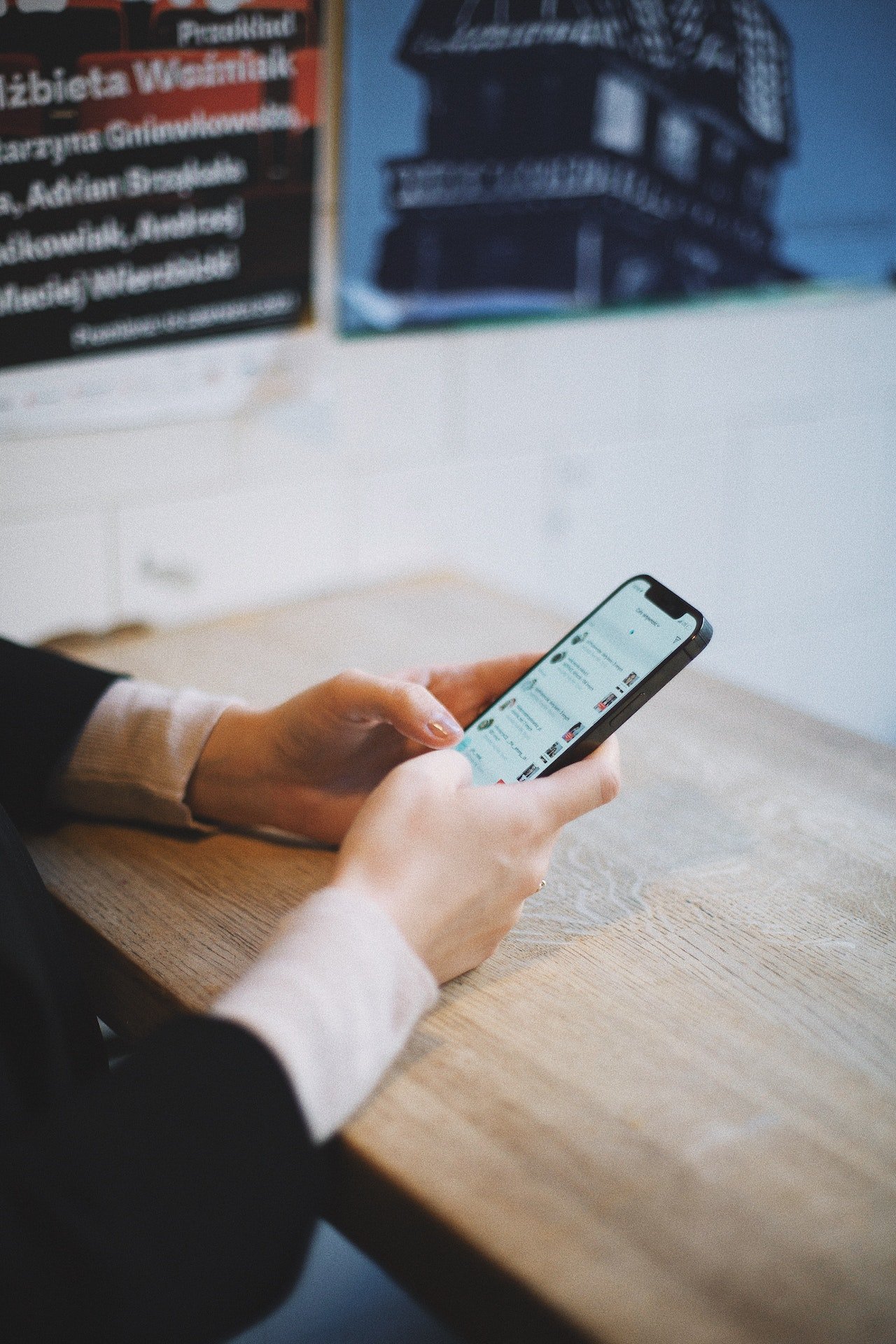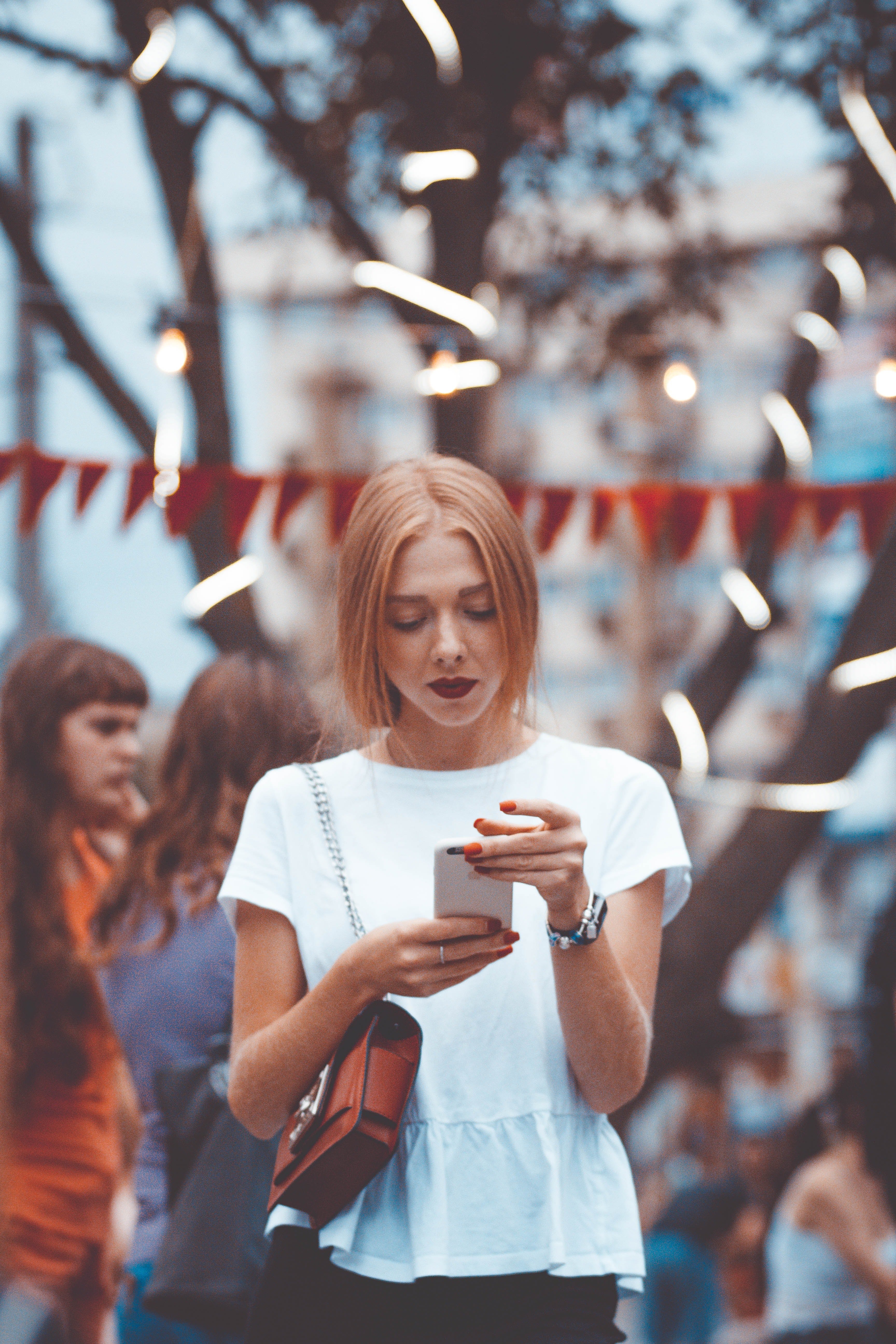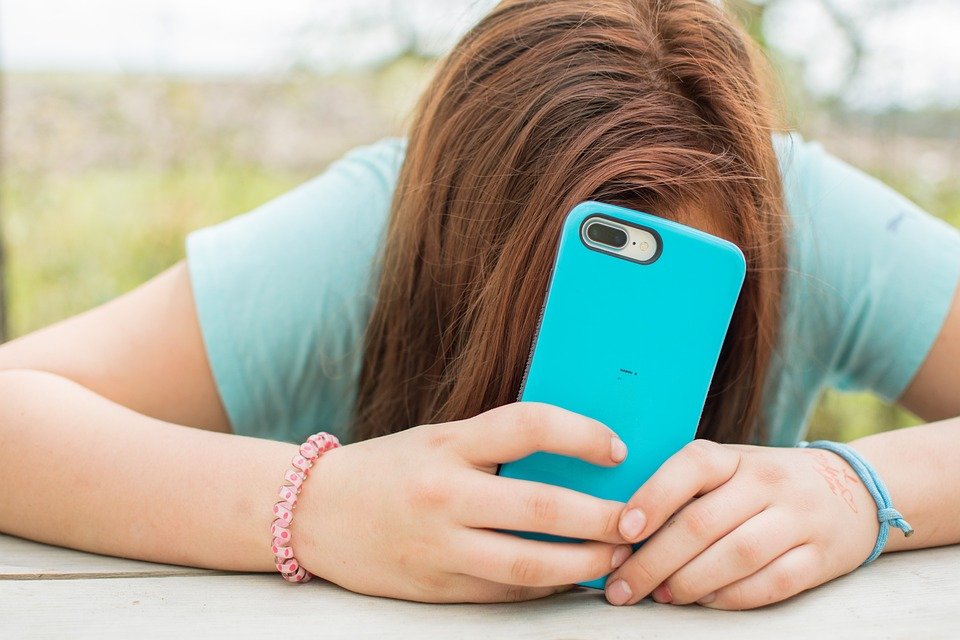Just mentioning the idea of taking a break from their smartphones gives some folks a rush of anxiety. What if I get a text? What if I miss breaking news on Twitter? What if that special someone finally slides into my DMs?
The stress is real. But turning off our phones and taking a break has incredible health benefits. A report published in Psychology Today found that just turning off our phones for one hour a day before bed can improve your sleep quality and sex life, and gets you out the door faster in the morning.
To help people find a better balance with the all-pervasive technology in their lives, March 3 has been designated the National Day of Unplugging (NDU). “The idea behind the day was to challenge people to keep their electronic devices unplugged and unused for 24 hours in order to give themselves the chance to take a break and spend time relaxing with family, friends, or alone,” Days of the Year says.
Rebooting, a Jewish organization, initially started NDU as an outgrowth of the Sabbath Manifesto that encourages carving out one day per week to unwind, unplug, relax, reflect, get outdoors and connect with loved ones.

To learn more about the importance of unplugging, Upworthy spoke with Jennifer Kelman, a licensed clinical social worker, certified professional coach and JustAnswer.com mental health expert, on the importance of taking the occasional tech break.
Kelman sees the problems associated with tech addiction every day in her practice.
“We all need more than a day to unplug, but one day is a good start,” Kelman told Upworthy. “Our device use is controlling our lives, and we are losing the ability to interact with each other. Relationships are suffering as the devices are interfering with our interpersonal interactions and time spent together.”
While taking a tech break may stress some people out, it’s worth considering the stress that technology already has us fighting.
“We are more anxious and depressed as we doom scroll on social media and see the ‘perfect lives’ of others. There is no longer the work day, as now people are required to be accessible at all times,” Kelman told Upworthy. “Our relationships are suffering as we ignore our partners and family as the addiction to our device takes up most of our waking, and sometimes even our sleeping lives. People can’t even turn their phones off and are checking their phones in the middle of the night.”
Kelman believes that we need to choose people over technology and that NDU is a great way to bring that to people’s attention.

“This day is a good start to learning to disconnect, to reconnect with people and the world around them,” Kelman told Upworthy. “It is not enough, though, as the mental health of all of us is suffering, and we continue to choose to give our mental health over to technology, smartphones and social media. It behooves all of us to make a different choice and choose healthy interpersonal relationships and communication over technology and social media.”
In the end, it’s all about balance.
“There can be a time and place for device use and social media scrolling, but it should be in moderation and one should do a self-check to see how they feel when they are on social media and using their devices,” Kelman continued. “If you are aware that you are anxious and depressed, do all you can to limit the use of devices, technology and social media.”


































